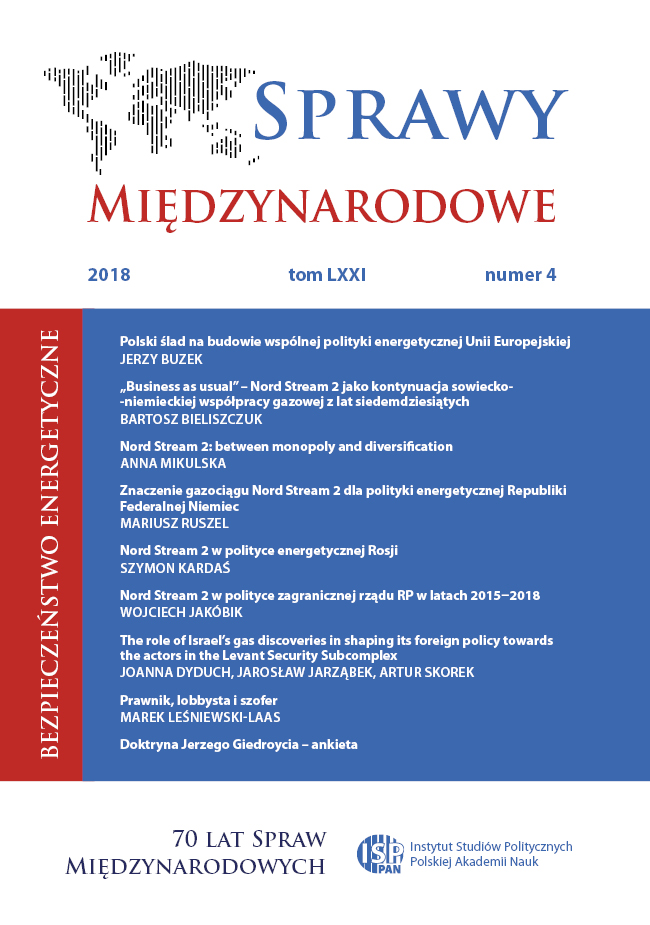Parakolonializm wietnamski jako czynnik kształtujący współczesny dyskurs o polityce i nacjonalizmie w Kambodży
Vietnamese paracolonialism as a factor shaping the contemporary discourse on politics and nationalism in Cambodia
Author(s): Paweł SojaSubject(s): Politics, Political Theory
Published by: Instytut Studiów Politycznych PAN
Keywords: Cambodia; nationalism; paracolonialism; chauvinism; Vietnam
Summary/Abstract: By evoking the history of bilateral Khmer-Vietnamese relations, this article depicts the perception and significance of ethnic Vietnamese people living in today’s Cambodia from the viewpoint of political dispute between the two biggest local parties – The Cambodian People’s Party and the Cambodia National Rescue Part, the latter of which was delegalized in November 2017. Between 1979 and 1989, Vietnam served as a protector of the People’s Republic of Kampuchea and firmly controlled local socio-political relations, as well as aimed at redefining the Khmer identity in accordance with the Marxist-Leninist ideology. The legacy of that specific period, here described with the author’s term ‘paracolonialism’, has been a crucial factor in shaping contemporary Khmer nationalism and its two opposite fractions. Both of them seek to benefit from the common enmity of Cambodian society towards Vietnamese people. The purpose of this article is to prove that the anti-Vietnamese narrative is usually deeply exaggerated, considering the actual scale of problems arising between these nations. It is also based on irrational concerns, old superstitions and stereotypes which have been deeply rooted in Cambodian society.
Journal: Sprawy Międzynarodowe
- Issue Year: 71/2018
- Issue No: 4
- Page Range: 225-248
- Page Count: 24
- Language: Polish

